Horse
All Horse Content
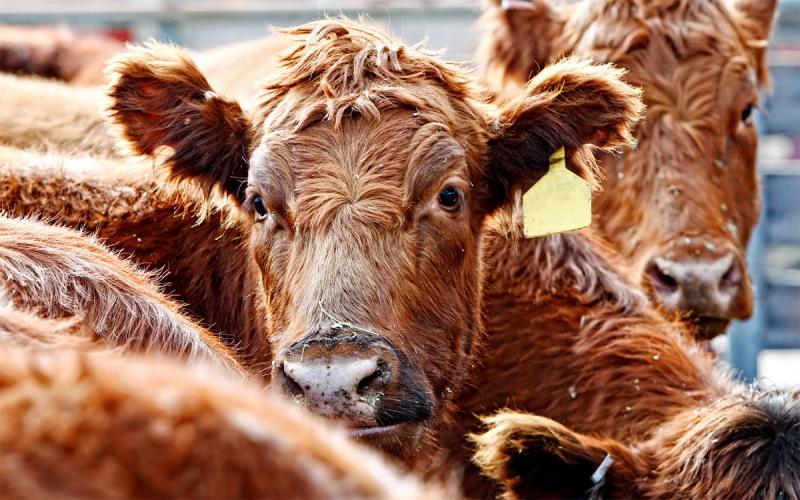
Livestock
South Dakota is home to a dynamic livestock industry.
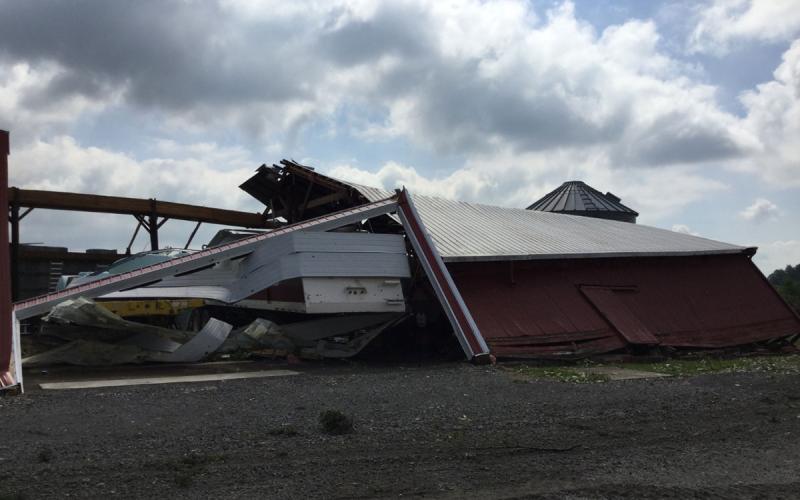
Tetanus: A Storm Aftermath Problem for Animals
Of all the challenges faced by animal caretakers in the wake of damaging storms, Tetanus is a potentially serious disease that might not appear for days or weeks later. Learn some expert tips for recognizing, treating and preventing it.
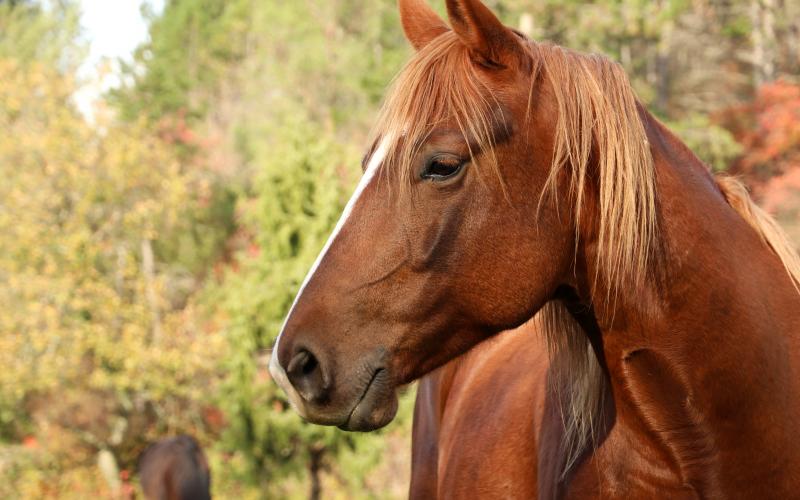
Other Animals
With access to faculty and researchers, and extensive experience, our team provides South Dakotans with resources to help answer questions.
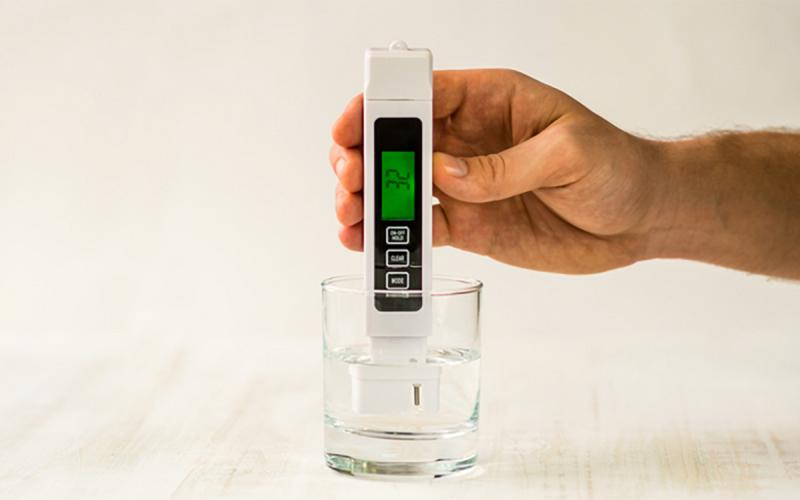
Interpretation of Water Analysis for Livestock Suitability
Fact sheet to help decipher both the results of a “quick test” and laboratory analysis for livestock suitability.
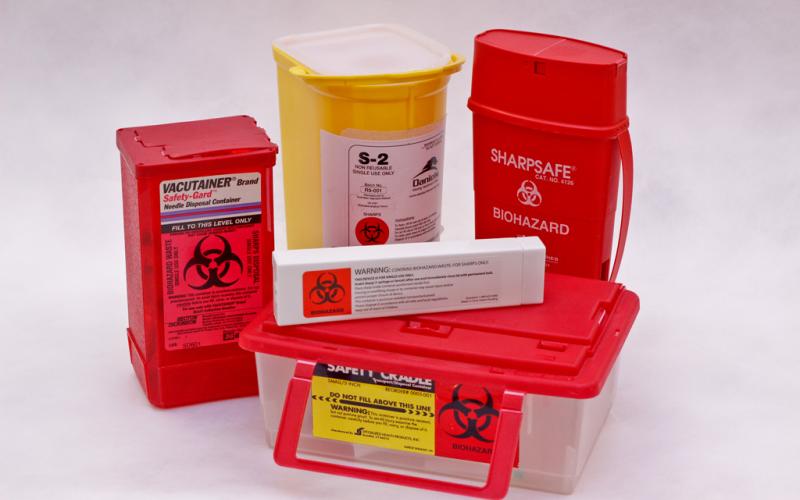
Where Do the Sharps Go?
Sharps used in livestock husbandry practices are considered medical or infectious waste. Regardless of why an animal received a shot, it is important to dispose of the needle in a safe way.
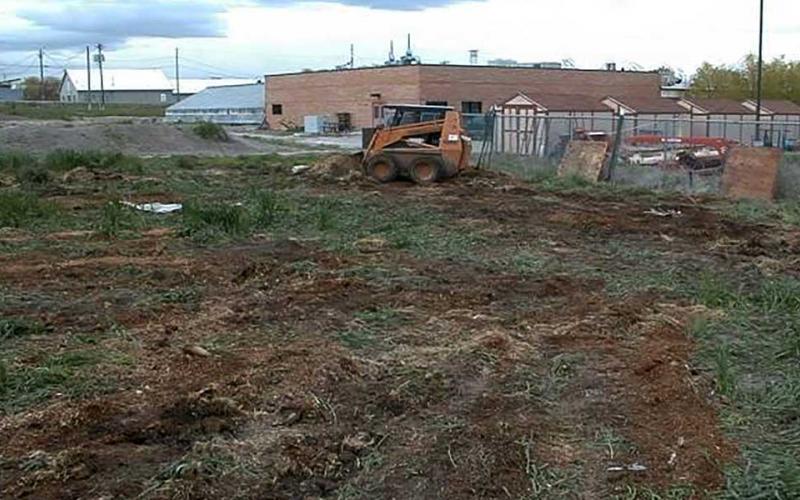
Guidelines for Livestock Carcass Disposal in South Dakota
Everyone who works with animals tries their best to keep all animals alive. In turn, they also know there will always be normal mortality. Proper carcass disposal is crucial in preventing the spread of disease and protecting the environment.
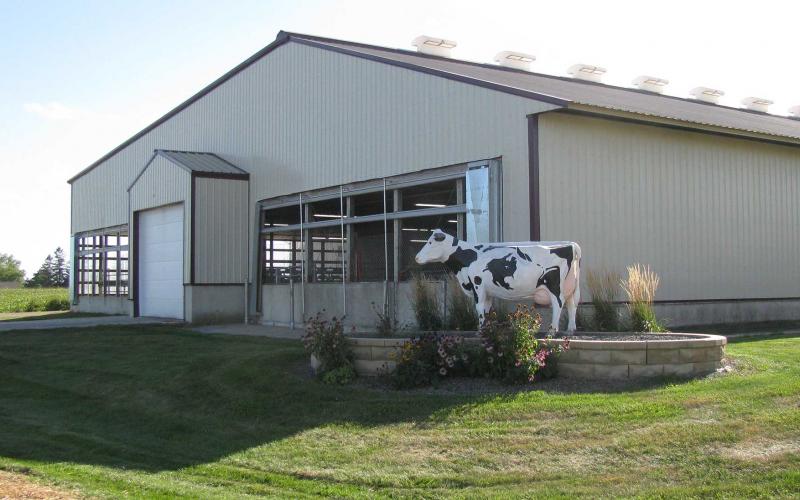
Being Vigilant of Livestock Property Security and Surveillance
Livestock producers have many daily responsibilities when it comes to caring for and protecting their animals. One responsibility is to remain vigilant regarding individuals that oppose the use of animals for food or other purposes.
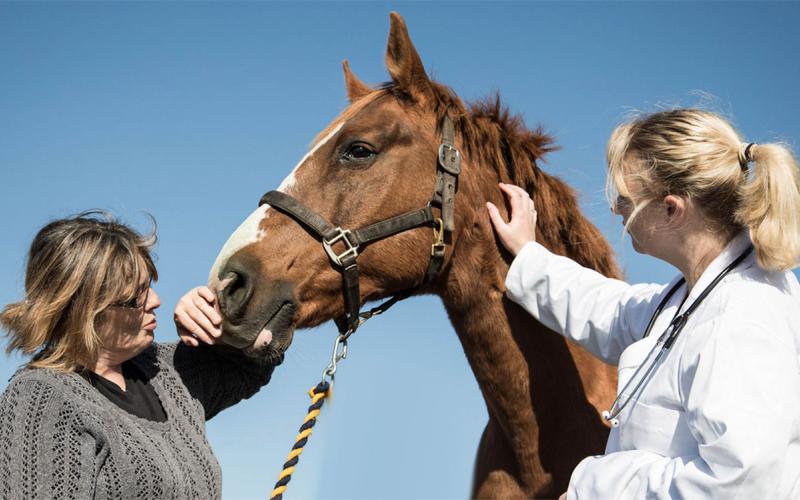
Winter Ticks Showing Up on Horses
Ticks aren’t only active during the growing season in South Dakota. Winter ticks can be commonly found on horses and cattle. Learn some expert tips for identifying and managing them before they become a problem.
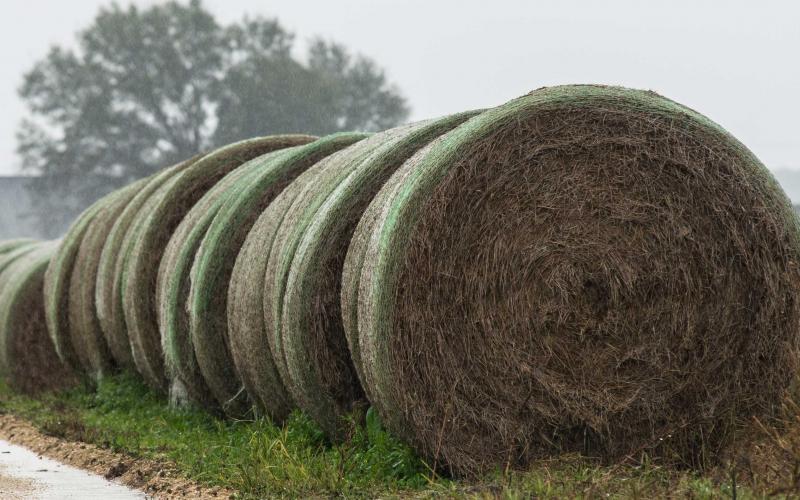
Round Bale Storage Conservation
Fact sheet discussing conservation of round bale storage.
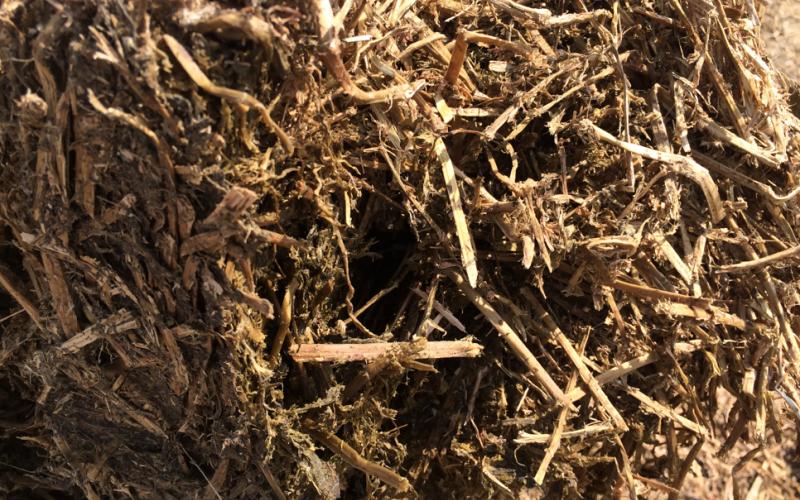
Minimizing Hay Storage Loss From Heating or Fires
Successful hay storage is essential to preserving high quality forage, while ensuring desired performance from livestock and deterring economic losses from unwanted hay storage fires.